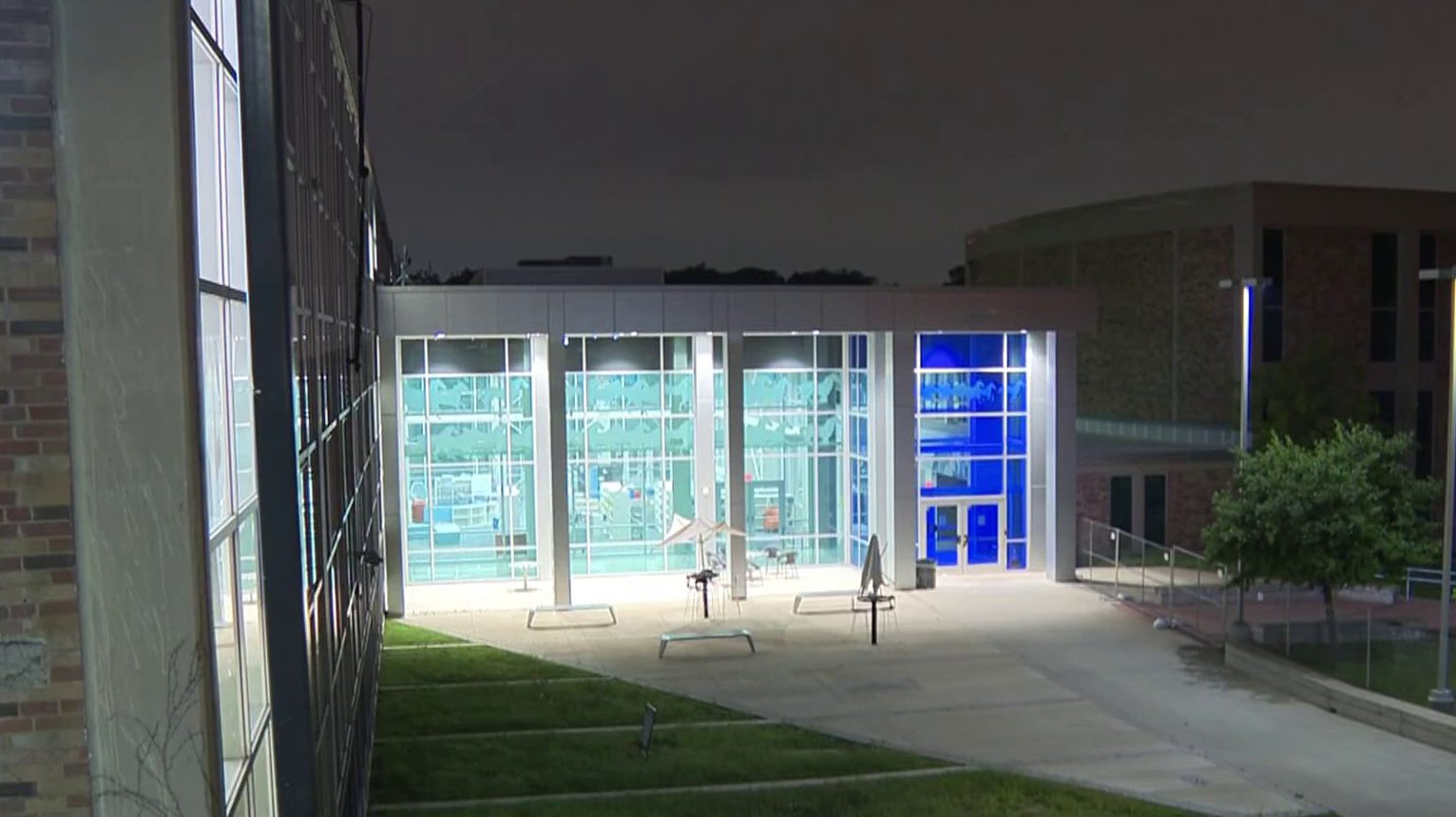Decals of crosses will be removed from a West Texas county's patrol vehicles to settle a lawsuit filed by the Freedom From Religion Foundation.
The Wisconsin-based foundation sued March 2, saying the crosses displayed on Brewster County vehicles represented a government endorsement of Christianity in violation of the First Amendment's prohibition against government favoring one religion over another.
Leaders in the rural county on the Mexico border later approved a policy banning political, religious, commercial and personal symbols from government vehicles. County commissioners last week approved the settlement and agreed to pay about $22,000 for the foundation's legal fees and court costs.
"It was just a business decision. There was no reason to fight anything," attorney Greg Hudson, who represented the county, told the Austin American-Statesman. "I think the county's position is, let's save this fight for another day; we've taken care of this issue internally."
Donated cross stickers began showing up on Brewster County patrol vehicles in 2015. Sheriff Ronny Dodson has said the foot-high decals weren't about religious preference but that deputies should "ask for all of the help" they could get.
Gov. Greg Abbott weighed in on the matter, issuing a memo saying the "crosses neither establish a religion nor threaten any person's ability to worship God, or decline to worship God, in his own way."
The foundation also filed a complaint in May against the McKinney school district, north of Dallas, for displaying crosses in some classrooms. And it lodged a separate complaint against the city of Port Neches, near Beaumont, because a large cross was displayed on public land.
Local
The latest news from around North Texas.
It has also issued dozens of complaints against law enforcement agencies in Texas and elsewhere that have placed "In God We Trust" decals on patrol vehicles. The departments have largely ignored the complaints, and Jeremy Dys, senior counsel for the Texas-based Liberty Institute, a law firm that specializes in issues of religious liberty, says the U.S. Supreme Court and lower courts have repeatedly allowed the phrase and other religious overtures as "part of the country's history and heritage."
This is why courtroom oaths are protected along with legislative prayers, the Pledge of Allegiance and other acts steeped in religious symbolism, he said.



